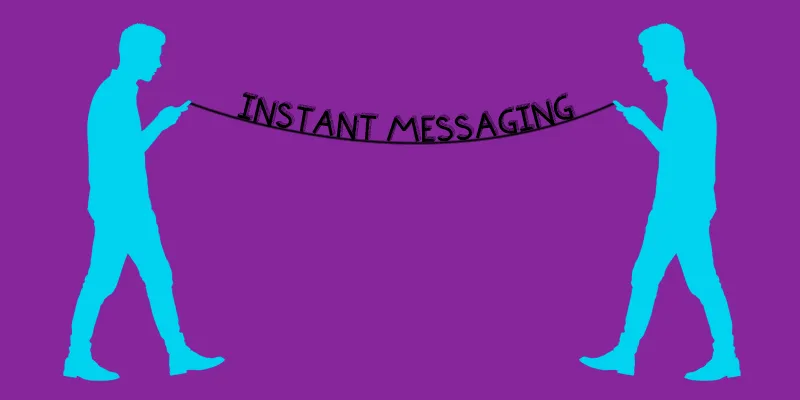Can email marketing survive the advent of instant chat platforms?
What comes after email? Are companies and individuals ready to move past the inbox?
In a study conducted by U.S. Army researchers and the University of California, Irvine, it was found that constant email checkers showed high level of stress and anxiety until they were prohibited from corresponding electronically. It was also observed that cutting employees from emails helped them perform better and stay focused on their tasks. Does this mean we should completely discard email communication? In the words of Paul Buchheit, creator and lead developer of Gmail, “Email is not going to disappear. Possibly ever, until the robots kill us all.”

However, it looks like Buchheit just might be wrong. A new internal communication app called Slack seems to be creating a buzz in the business world, with even big companies such as eBay, Yelp and Sony taking wholesome advantage of this service to communicate with their employees and stakeholders. Designed to allow businesses to communicate at work, Slack is now expanding its operations to the email marketing segment as well.
Rumour has it that the service is slowly killing email marketing, but the fact that marketers might never make it reach its true potential cannot be neglected. Even though email marketing seems arduous to most digital marketers, it is a platform that customers always look forward to when looking out for information about a particular product or service. Overall, email marketing provides value to customers, and promotional messages always find a place in inboxes, even if users don’t visit them frequently.
On the other hand, Slack has emerged as a popular alternative for businesses who believe in experimenting. With a user-friendly interface designed with a utilitarian approach, this particular platform makes it easy to keep track of relevant, subject-specific conversations without having to fiddle through hundreds of emails on a daily basis. If you’re an ardent user of social media sites like Twitter and Facebook, you’ll understand what makes Slack the hot topic of the season. Even though the program is not too different from the instant messengers that we have used in the past, its features make it an efficacious tool for business and marketing communication. Slack archives every comment, making them easily searchable, and thereby significantly reducing the time users spend to get the work done. But people always expect immediate responses even for trivial matters. This is where the concern seeps in. Are marketers ready to take the plunge yet?
Despite all the perks that Slack and other collaboration apps provide, there are a few areas where email marketing trumps them. For instance, email marketing can:
Deliver personalised experiences
Delivering personalised emails can increase sales. For instance, using smart email marketing tools like an automation segments, which adds your customer's name to the greeting or subject line, will ensure better open-rates.
Ensure affordability and better ROI
Unlike other marketing tools or methods, email marketing is affordable. There are many email marketing platforms such as MailChimp, iContact and Constant Contact. Most of them offer free packages for startups, and for a nominal amount of $10 per month, you can get access to additional features.
Be measured
Email marketing allow you to generate, track and measure data that helps you plan your future strategies. There is a plethora of tests and assessment tools that let you operate each message to get accurate results.
Additionally, if all work-related communications are transferred to chat platforms, logic dictates that more time will be spent on resolving queries that would pop up almost every second of the day. That would be alarming, and email marketers would have to prepare themselves mentally, as well as physically, for this change. Even with implementation of chat platforms for email marketing, it is difficult to see how the issue of tracking data would be resolved. The only positive change would be that communication levels will pace up to a certain extent, ensuring reduced TAT for resolutions and related tasks.
When it comes to online marketing, chat communication could save a lot of time and effort. However, email interactions are simply beautiful and natural. People are addicted to them and they are here to stay.







